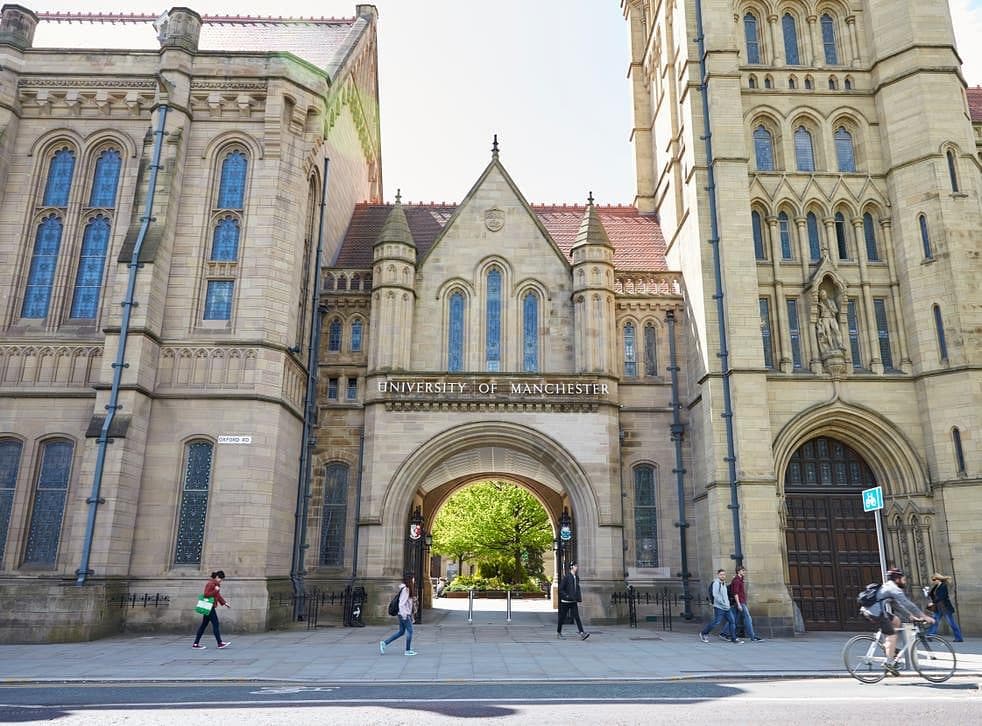This programme is subject to approval. The following course units are expected to form the content of the programme but may be subject to change.
Communication Skills and Project Preparation 1 & 2 (15 Credits): The course aims to equip students with the skills to communicate scientific information, knowledge and ideas to expert and non-expert audiences. Two field trips build on the concepts taught throughout the MSc program. Assessment of each trip focuses on field skills, using a series of exercises to develop these core skills.
Fundamentals of Applied Subsurface Geoscience (15 Credits): The course covers the business drivers to gather and interpret geological data for a range of applications. We describe the fundamentals of the subsurface environment; temperature and pressure, and key geological properties that are important in evaluating subsurface reservoirs.
Key Interpretation Skills: Formation Evaluation (15 credits): Geophysical and borehole data are the only data sources to describe the subsurface structure, its properties, and to reduce uncertainty in the subsurface. Data are typically used as input for modelling of the subsurface. This unit delivers an integrated overview of the acquisition, processing and interpretation of subsurface geophysical and petrophysical data with application to a range of subsurface problems.
Subsurface Physical -Chemical Transport Processes (15 credits): This unit will enable students to analyse and evaluate the fundamental physical and chemical processes in subsurface systems for oil and gas industry, geothermal energy recovery, geological carbon storage. Topics that will be covered within this unit include porosity, permeability, typical reservoir rocks (sandstone, carbonate), well testing and reservoir size estimation and reactive transport for carbon storage process and geothermal energy recovery.
Fundamentals of Numerical Modelling and Simulation (15 credits): This unit will enable students to analyse and evaluate the fundamental physical and chemical processes in subsurface systems for oil and gas industry, geothermal energy recovery, geological carbon storage. It will also provide training for writing the mathematical models required to solve a subsurface engineering and identifying and evaluating the proper boundary and initial condition applicable to a subsurface case study.
Properties of Subsurface Fluids (15 credits): The unit covers the properties of subsurface fluid systems, water and chemicals. We provide the theoretical and empirical bases in characterising the subsurface fluids, water and chemicals behaviour. We introduce key properties of water and chemicals used for geothermal heat extraction and enhanced oil recovery processes.
Subsurface Mechanics and Geoengineering (15 credits): All subsurface activities, from mining and drilling to construction, destabilize and deform the existing subsurface structure. The theories of stress, infinitesimal strain and elasticity, and the strength and modes of failure of rocks are topics that must be understood by the practising subsurface engineer.
Advanced Subsurface Modelling (15 credits): The unit covers topics related to numerical modelling of flow in subsurface porous systems including IMPES vs. fully implicit schemes, two-point flux approximation vs. multipoint flux approximation, and numerical simulation of 1D/2D single, two- and multiphase immiscible flow (e.g., oil/water, oil/surfactant solutions and oil/polymeric solutions).
Dissertation (60 credits)
The course unit details given below are subject to change, and are the latest example of the curriculum available on this course of study.
Title
- Fundamentals of Numerical Modelling and Simulation
- Subsurface physical-chemical processes
- Properties of subsurface fluids
- Fundamentals of Applied Subsurface Geoscience
- Communication Skills and Fieldwork
- Key Interpretation Skills
- Subsurfance Mechanics and GeoEngineering


